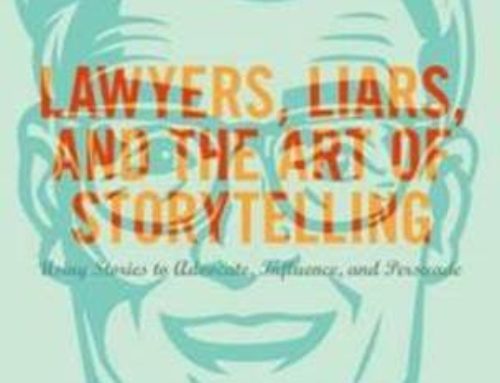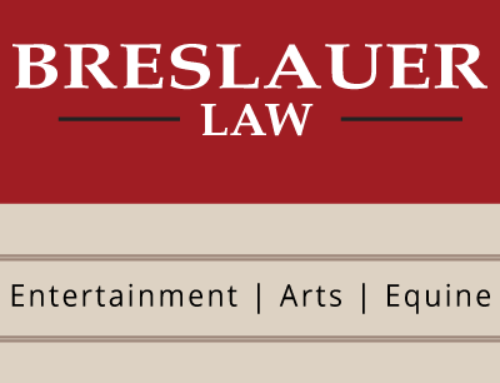Stories are Stolen Every Day
Anyone who’s done well in the entertainment business knows it’s important to cover your intellectual property assets. Story and idea theft is not only common in film and TV, it’s rampant. The best way to keep your stories from being stolen is never to tell them to anyone. But the problem is, you’ve got to tell it in order to sell it. Fortunately, there are some simple ways in which you can protect your ideas, even in pitch meetings.
Copyright or Die
I’ve written about copyright before – particularly the need to register your copyrights and why — and it’s a crucial subject for those who want to understand how to take control of their intellectual property assets. Without going into that subject in depth again here, suffice it to say you need to understand what copyright does and does not protect.
Copyright registration does not protect ideas, concepts, or themes. Copyright registration does protect a “tangible expression” of a particular idea. The difference between an idea, and a “tangible expression” of a particular idea, is the difference between something no one owns and a copyrightable intellectual property interest. For instance, you might have a great idea to reset Romeo and Juliet to 1980s New York. The idea itself is not copyrightable. But if you take that idea and flesh it out into a treatment or screenplay, then you’ve got something that is a “tangible expression” and which you can indeed copyright.
The best way to protect your copyrightable material, whether it’s a screenplay or a treatment, is to register it. When you do that, a copy of the work is deposited with the agency, and there is a record established. This entitles you to both statutory damages and attorney’s fee, presuming the work is registered before it is infringed. However, this option is only available if you’ve done the hard work of putting your idea down on paper.
Often when people take pitch meetings, they haven’t gotten to that step yet. So the question becomes how to protect ideas that haven’t yet been registered with the copyright office, and probably haven’t even been put on paper. Even when that’s the situation, there are still some moves you may be able to make, in order to cover your assets.
Two Strategies
Ideally, if you had a contract in place before you pitched an idea, that contract would protect you. The person to whom you were pitching would have agreed to pay you for your idea, if they decided they wanted to use it. The reality is, most people won’t have a written agreement before they’ve even pitched the idea. But short of that written agreement, there are other options that rely upon the same principles of contract law.
Oral contracts can be legally binding in certain situations (situations that don’t fall under the Statute of Frauds). Unfortunately, oral contracts, even when they’re perfectly legal, are not easy to prove. Disputes over oral contracts easily devolve into He Said, She Said battles, where the lack of proof makes it hard for the party asserting the contract to win.
You can and should attempt to get an oral contract in the absence of a written contract. This may be as simple as a quick conversation with the person to whom you’re going to pitch your idea. Just say it up front: “Let’s be clear: I’m pitching this idea with the understanding that you will keep it between us and not share the idea with others outside your company. If you want to go forward with it, your company will be paying me for it.” Something like that. If they say yes, you have an oral contract. If they don’t agree to it, you need to ask yourself what the heck you’re doing in that room with those people.
Now, hopefully there was someone else in the room – someone who’s on your team — when that conversation took place. If so, they are a witness to the agreement. If not, you may be out of luck. But there is another route to try even after the meeting ends. Send a memo, asap. This memo should recapitulate the agreement and your meeting.
Follow Up
A follow-up memo is usually a good idea anyway, particularly if you want to make sure everyone is on the same page about what was discussed, what was agreed to, and where things were left. Whether or not the person to whom you pitched responds, a confirming memo can still serve as evidence, should it come to that. And if they realize you’re savvy about protecting yourself, it just might help to dissuade them from stealing your ideas.






